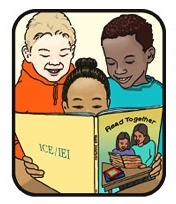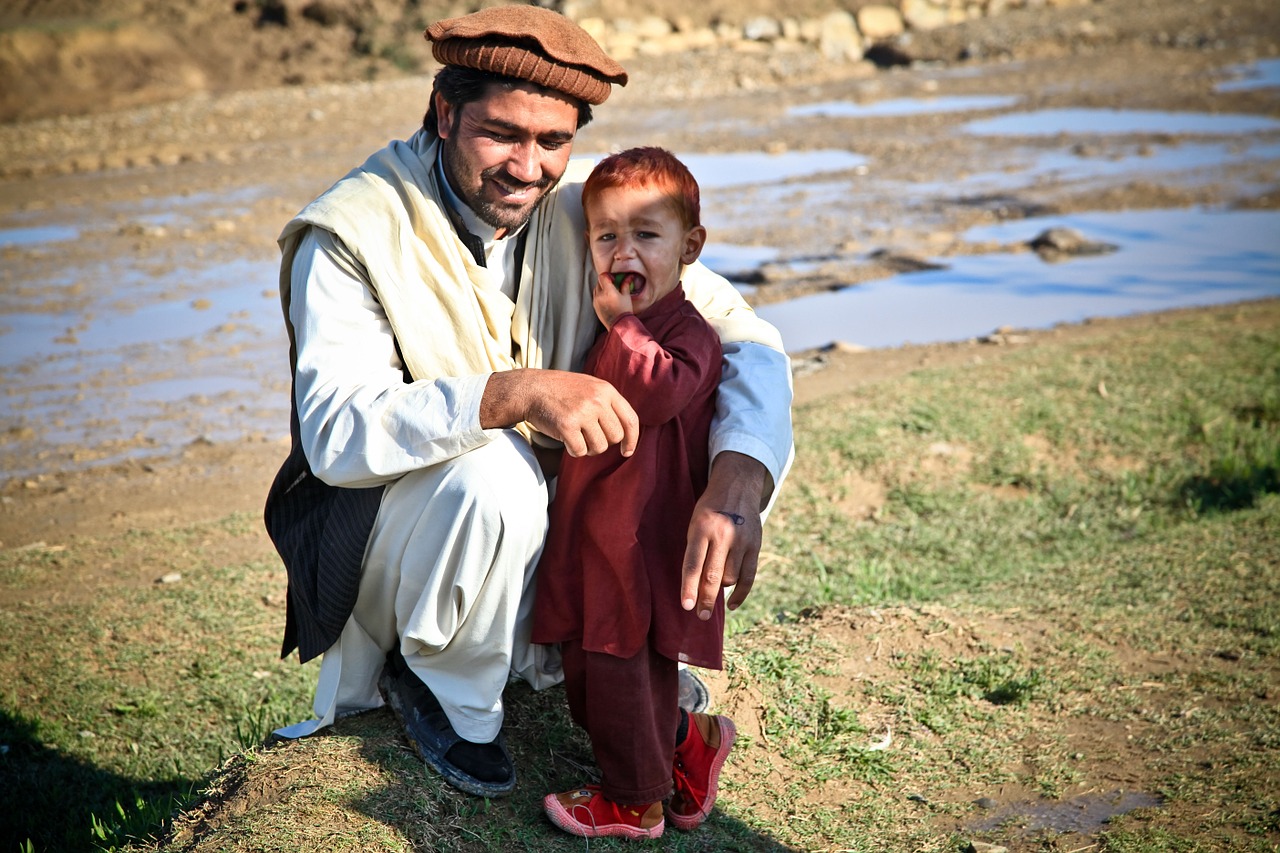Development organizations all over the world point to literacy as one of the leading factors in helping individuals and societies build a better future. Improved literacy rates in emerging economies are linked to a broad range of other positive outcomes, including improved health, better earnings or economic progress, and increased political and civil society participation. Indeed, literacy is so important in the modern world that UNESCO has declared it to be a fundamental human right.
Unfortunately, it’s not always easy for nations to prioritize literacy in the face of significant obstacles. In Afghanistan, for example, decades of civil conflict have left the country with one of the world’s lowest literacy rates. According to current estimates, fewer than one in three adult Afghans (over the age of 15) can read and write.
In response to this, many organizations and individuals have launched initiatives, both large and small, aimed at boosting literacy rates in Afghanistan. Read on to learn about five of these projects.
-
UNESCO – Enhancement of Literacy Afghanistan
 UNESCO is by far the largest organization focused on literacy in Afghanistan. Through its flagship literacy program, known as Enhancement of Literacy Afghanistan (ELA), UNESCO has partnered with Afghanistan’s Ministry of Education to implement large-scale literacy, numeracy, and vocational skills development programs across all 34 Afghan provinces. ELA was first launched in 2008, and it has received financial support from a number of international sources including the Government of Japan, the Swedish International Cooperation Agency, and the Government of Finland.
UNESCO is by far the largest organization focused on literacy in Afghanistan. Through its flagship literacy program, known as Enhancement of Literacy Afghanistan (ELA), UNESCO has partnered with Afghanistan’s Ministry of Education to implement large-scale literacy, numeracy, and vocational skills development programs across all 34 Afghan provinces. ELA was first launched in 2008, and it has received financial support from a number of international sources including the Government of Japan, the Swedish International Cooperation Agency, and the Government of Finland.
To date, ELA has been implemented in three different phases. The first, which took place between 2008 and 2010, was a pilot program that was initiated in Bamiayan province’s capital city and then expanded to nine additional provinces. The second phase (2011-2013) included nine more provinces and added targeted market-demanded vocational skills training. The third phase (2014-2016) expanded the program’s offerings to reach a total of 600,000 individuals across Afghanistan.
-
UNESCO – Literacy for Empowerment of Afghan Police (LEAP)
In addition to the large-scale ELA literacy program described above, UNESCO operates a number of targeted literacy initiatives. Among these is the Literacy for Empowerment of Afghan Police (LEAP) program. The LEAP program was launched in 2011 with the goal of using literacy training to help boost the quality of policing in Afghanistan.
The first phase of the program focused on developing and delivering literacy training materials for 500 police literacy facilitators. The second phase expanded the training to reach additional Afghan police officers. The LEAP program has also been working with the Ministry of the Interior’s Literacy Department to build long-term institutional capacity for creating, supporting, and enhancing police literacy through initiatives like training workshops and special literacy publications geared towards newly-literate members of the police force.
-
Mercy Corps – Literacy and Math Education Program
 Literacy initiatives don’t always have to be big to be effective. The international humanitarian and development organization Mercy Corps has been working in Afghanistan since 1986, supporting projects in areas ranging from agricultural development to renewable energy.
Literacy initiatives don’t always have to be big to be effective. The international humanitarian and development organization Mercy Corps has been working in Afghanistan since 1986, supporting projects in areas ranging from agricultural development to renewable energy.
In 2002, the organization made a new commitment: to provide literacy and math instruction to members of its own staff in northern Afghanistan. As senior program manager Joerg Denker explained at the time, in its ongoing mission to support Afghan citizens, it was important for Mercy Corps not to forget about its own employees.
The literacy and math classes proved tremendously successful, reaching dozens of Mercy Corps employees. The organization had plans to expand the program to include more people from the local community and to offer English classes in addition to the other subjects.
-
The Institute for Cross-Cultural Exchange – Share Literacy Afghanistan
 The basis of literacy education is having appropriate materials for students to read. However, access to books can be a challenge in remote or rural Afghanistan. That’s where the Institute for Cross-Cultural Exchange (ICE) comes in. A Canadian charity dedicated to fostering learning and understanding among different cultures, ICE works with a number of groups in Afghanistan to distribute books to schools, orphanages, and libraries around the country.
The basis of literacy education is having appropriate materials for students to read. However, access to books can be a challenge in remote or rural Afghanistan. That’s where the Institute for Cross-Cultural Exchange (ICE) comes in. A Canadian charity dedicated to fostering learning and understanding among different cultures, ICE works with a number of groups in Afghanistan to distribute books to schools, orphanages, and libraries around the country.
The group doesn’t provide just any books: one of ICE’s partners is Hoopoe Books for Children. This is the educational non-profit publisher of (among many other titles) beautifully illustrated traditional Afghan children’s stories assembled by Afghan author Idries Shah. Through a special arrangement with Hoopoe Books, ICE is able to offer copies in the Dari and Pashto languages to children all over Afghanistan. For the vast majority of these young readers, this will be the first book they have ever owned.
-
Captain Edward Zellem – Book of Afghan Proverbs
Like the Institute for Cross-Cultural Exchange, US Navy Captain Edward Zellem is also hoping that simple and relevant material will help give many Afghans their first taste of literacy. Zellem is the author of “Zarbul Masalha: 151 Dari Proverbs,” a collection of proverbs that he collected as a personal hobby during his deployment in Afghanistan in 2010 and 2011.
After compiling the proverbs, Zellem approached art students from a high school in Kabul to illustrate them. The volume was later published by Karwan Press in Kabul through a grant from the US State Department. Today, the books are distributed to rural communities and high schools as part of several programs that aim to preserve and promote Afghan culture.

